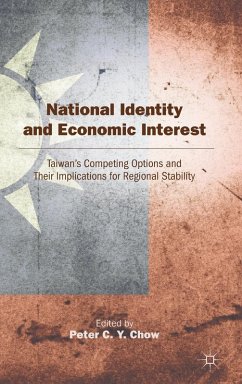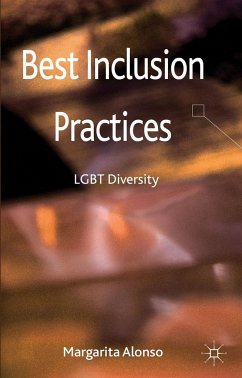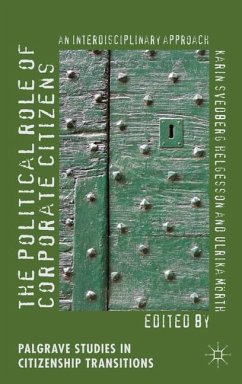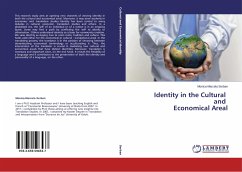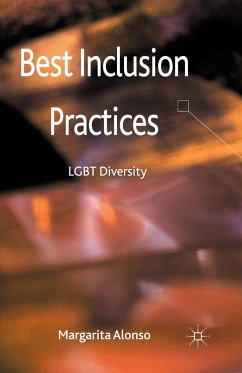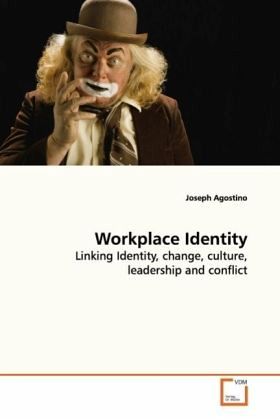
Workplace Identity
Linking Identity, change, culture, leadership and conflict
Versandkostenfrei!
Versandfertig in 6-10 Tagen
45,99 €
inkl. MwSt.

PAYBACK Punkte
23 °P sammeln!
There is a limited understanding about how employee workplace identity impacts on behaviour within the workplace and more specifically how workplace identity relates to resisting workplace change. Regardless of many studies carried out on organizational change, the question of how a relationship exists between employee workplace identity and organizational change has been left unanswered. This book applies narrative theory as a conceptual bridge across identity and change. This work explores how employees derive a sense of workplace identity from the workplace narratives. This new lense allows...
There is a limited understanding about how employee
workplace identity impacts on behaviour within the
workplace and more specifically how workplace
identity relates to resisting workplace change.
Regardless of many studies carried out on
organizational change, the question of how a
relationship
exists between employee workplace identity and
organizational change has been left unanswered. This
book applies narrative theory as a conceptual bridge
across identity and change. This work explores how
employees derive a sense of workplace identity from
the workplace narratives. This new lense allows us
to view organizational change as the destruction of
existing workplace narratives and adoption of new
workplace narratives. A new theory is developed
which explains how a relationship exits between
identity and change. This new theory is further
developed to explain how narrative theory creates a
relationship between organizational identity,
culture, leadership, conflict, and change.
workplace identity impacts on behaviour within the
workplace and more specifically how workplace
identity relates to resisting workplace change.
Regardless of many studies carried out on
organizational change, the question of how a
relationship
exists between employee workplace identity and
organizational change has been left unanswered. This
book applies narrative theory as a conceptual bridge
across identity and change. This work explores how
employees derive a sense of workplace identity from
the workplace narratives. This new lense allows us
to view organizational change as the destruction of
existing workplace narratives and adoption of new
workplace narratives. A new theory is developed
which explains how a relationship exits between
identity and change. This new theory is further
developed to explain how narrative theory creates a
relationship between organizational identity,
culture, leadership, conflict, and change.







